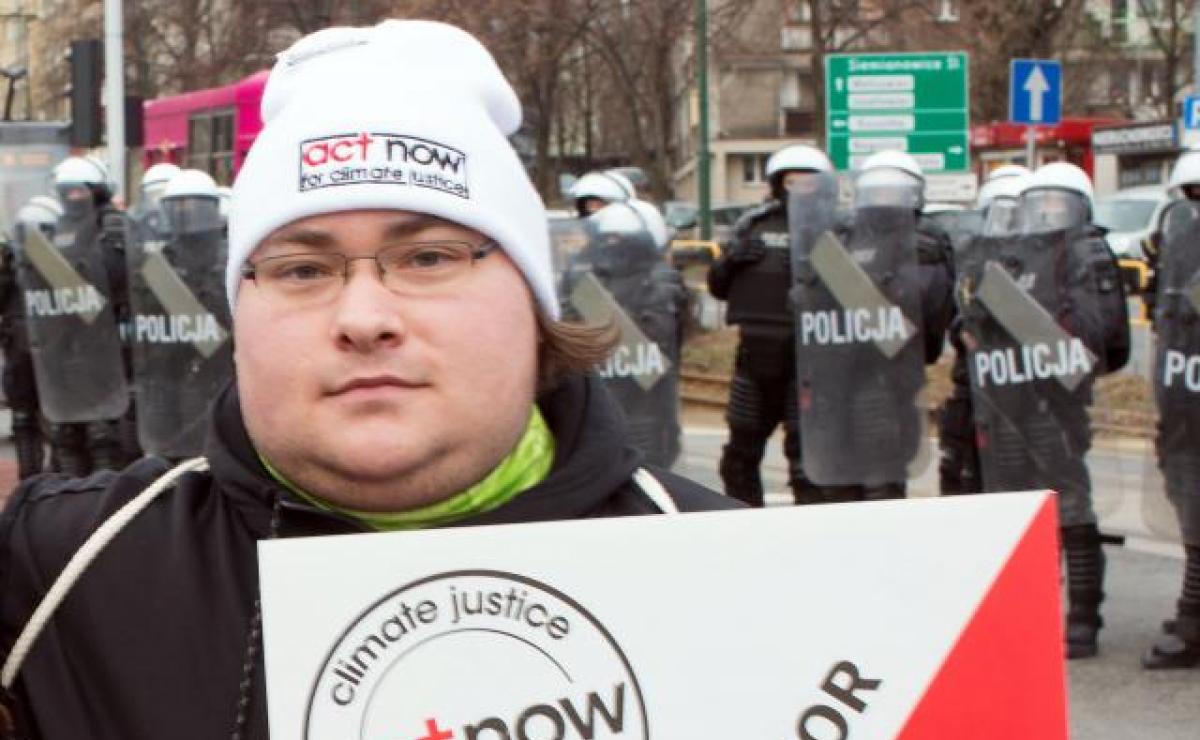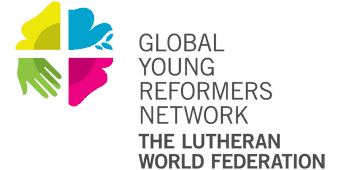Climate finance: A moral challenge

After listening to a plenary discussion at the United Nations climate change negotiations in Katowice, Poland, I realized not only the moral challenge of climate change, but also the moral challenge of our policies in addressing this dire issue.
On the one hand, a European banker stressed that investing in mitigation efforts is a sound investment because it pays dividends. On the other hand, an indigenous policy maker from Chad pointed out the economic privilege in this statement. It takes great privilege to be able to invest capital, acquired through a history of colonialism, exploitation of the earth, and economic power, into efforts to reduce emissions - without entertaining funding initiatives that help countries and communities adapt to the immediate impacts of climate change. I am in no way suggesting that we embrace adaptation or mitigation, but rather both are necessary.
The moral challenge is when global institutions invest in mitigation projects for the sake of returns on their investment. How is it that privileged nations and institutions only curtail climate change because it stands to further benefit them economically? How is this moral or benefitting the common good? Have we not learned yet that economic systems which promote self wealth accumulation at all costs, without regards to the well-being of workers and the earth, have caused the very predicament we are now in? Why are we so willing to trust solutions from institutions that contributed to the problem?
Luther’s conception of sin comes in handy in addressing this moral challenge. Sin for Luther was “Incurvatus in se” or to turn in on oneself. To sin is to seek our self-interest before the interests of our neighbors. To invest in mitigating climate change because it's a “good investment” is to turn in on ourselves. Our good intentions of saving our planet are nothing in comparison to the actual impact of deceiving ourselves into believing that we actually care for and love our neighbors. By continuing to live in this sin, we fail to genuinely confess to God.
At this critical junction following the Katowice conference, we must commit ourselves to seeking the wellbeing of our fellow human beings and the earth first, rather than prioritizing the economic benefits of such actions. To be a Christian and to embody the ministry, death, and resurrection of Christ means that we are re-orientated away from ourselves and towards the cross, which then turns us towards caring for our neighbor.
Biographical info
Mr Wylie Cook is a member of the Evangelical Lutheran Church of America. He is one the seven young people who made up the LWF delegation to the 2018 climate conference in Katowice, Poland.
COP24
A delegation of young people from the member churches has been representing the LWF at the annual conference of the United Nations Framework Convention on Climate Change since COP 17 in Durban, South Africa. At COP 24, the seven delegates from each of the seven LWF regions, come with different experiences and expertise in climate action, climate advocacy and theology of creation.
